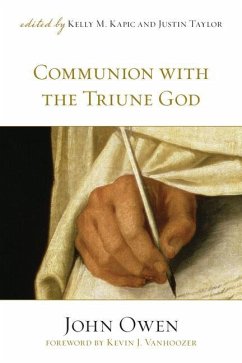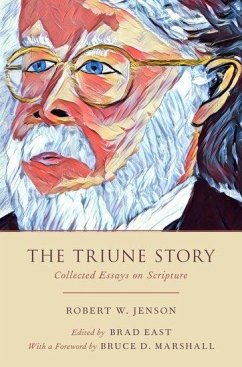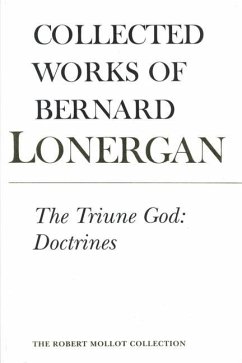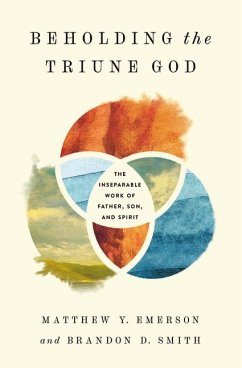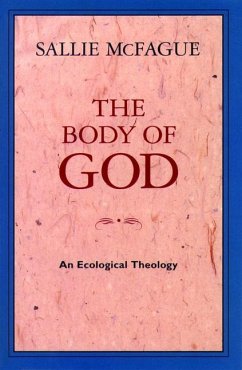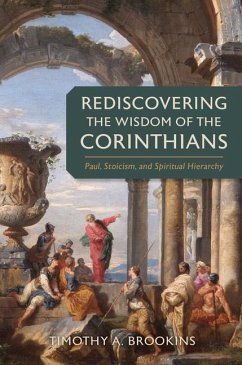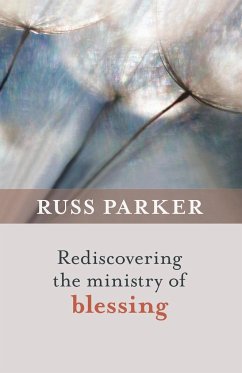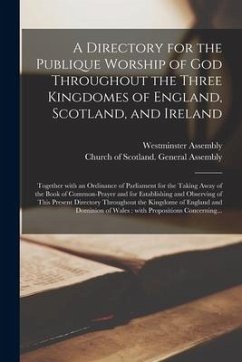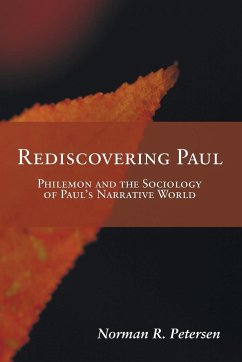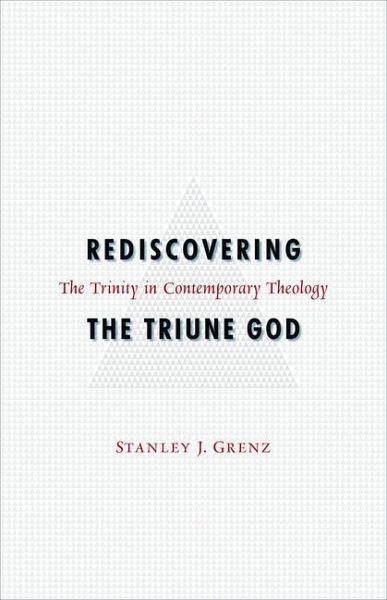
Rediscovering the Triune God
The Trinity in Contemporary Theology
Versandkostenfrei!
Versandfertig in über 4 Wochen
34,99 €
inkl. MwSt.

PAYBACK Punkte
17 °P sammeln!
The last century has witnessed a revival and renewal of trinitarian theology, led initially by Karl Barth. The legendary puzzles of trinitarian theology have become especially vexing in an era of changed philosophical and cultural categories, and a host of religious thinkers in the last century have tried to reformulate the main lines of thought about God's trinitarian life. Theologian Stanley Grenz here tells this story of trinitarian theology, reporting and analyzing the remarkable ferment in the discipline and discussing especially eleven theologians on such issues as: God's inner life vs. God's relationship to creation (immanent and economic trinity), social vs. psychological analogies for the relationships within God, the relationship between trinity and Christology, the feminist critique of classical categories, and how God's trinitarian life figures in evolution, social justice, and spirituality. Grenz's Introduction place this ferment historically in the course of Christian thought from the patristic period to now, while his Conclusion sets a future agenda for the doctrine and theology.
Theologian Stanley Grenz here tells the story of trinitarian theology in the last century. He analyzes the remarkable ferment in the discipline and discusses key theologians-such as Karl Rahner, Jrgen Moltmann, Wolfhart Pannenberg, Robert Jenson, Elizabeth Johnson, Catherine Mowry LaCugna, Leonardo Boff, John Zizioulas, Hans Urs von Balthasar, and Thomas F. Torrance-on such issues as God's inner life versus God's relationship to creation (immanent and economic trinity), social versus psychological analogies for the relationships within God, the relationship between trinity and Christology, the feminist critique of classical categories, and how God's trinitarian life figures in evolution, social justice, and spirituality. Grenz's introduction places this ferment historically in the course of Christian thought from the medieval period to now, while his conclusion sets a future agenda for the doctrine and theology.





